Zero-phase angle asteroid taxonomy classification using unsupervised machine learning algorithms
- 1Instituto de Astronomía Teórica y Experimental, CONICET-UNC, Argentina
- 2Instituto de Astrofisica de Andalucia, Solar System, Granada, Spain (duffard@iaa.es)
We are in an era of large catalogs and, thus, statistical analysis tools for large data sets, such as machine learning, play a fundamental role. One example of such a survey is the Sloan Moving Object Catalog (MOC), which lists the astrometric and photometric information of all moving objects captured by the Sloan field of view. One great advantage of this telescope is represented by its set of five filters, allowing for taxonomic analysis of asteroids by studying their colors. However, until now, the color variation produced by the change of phase angle of the object has not been taken into account. In several works it has been shown that, for observations at different alpha phase angles, different values for the colors are also obtained. To date, the discussion about the reason for this phenomenon is still open. Some hypotheses put forward are related to the variation of magnitude by rotation, albedo differences on the surface, change of aspect angle during observations, among others. In this paper, we address this issue by using absolute magnitudes for classification. We aim to produce a new taxonomic classification of asteroids based on their magnitudes that is unaffected by variations caused by the change in phase angle.
We selected 9481 asteroids with absolute magnitudes of Hg, Hi and Hz, computed from the Sloan Moving Objects Catalog using the HG∗12 system and including the effect of rotational variations. We calculated the absolute colors Hg − Hi and Hi − Hz with them. We chose these colors because during parameter space exploration, we noticed that they best separated the sample into groups.
Then, to perform the taxonomic classification, we applied a unsupervised machine learning algorithm known as fuzzy C-means. This is a useful soft clustering tool for working with data sets where the different groups are not completely separated and there are regions of overlap between them. Soft clustering algorithms assign each point the probability of belonging to one of the clusters. We have chosen to work with the four main taxonomic complexes, C, S, X,
and V, as they comprise most of the known spectral characteristics. We classified a total of 6329 asteroids with more than 60% probability of belonging to the assigned taxonomic class, with 162 of these objects having been characterized by an ambiguous classification in the past. Applying the same clustering model to asteroids with ambiguous classification, we obtained a disambiguation with more than 60% probability for 148 of these objects.
By analyzing the sample obtained in the plane Semimajor axis versus inclination, we identified 15 new V-type asteroid candidates outside the Vesta family region. We calculated the reflectances in each filter to obtain the “absolute” photospectra to confirm the V-complex spectrum of each candidate. They all have the characteristic peak at 0.75 μm and an absorption band near 0.95 μm.
Finally, we were able to identify 1253 asteroids belonging to dynamical families, and analyzed the taxonomic homogeneity of each of them.
How to cite: Colazo, M., Alvarez-Candal, A., and Duffard, R.: Zero-phase angle asteroid taxonomy classification using unsupervised machine learning algorithms , Europlanet Science Congress 2022, Granada, Spain, 18–23 Sep 2022, EPSC2022-660, https://doi.org/10.5194/epsc2022-660, 2022.

